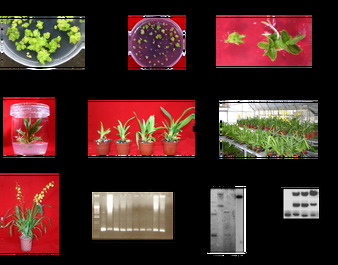
Ming-Tsair Chan
Research Fellow
(06)216-6867
mbmtchan@gate.sinica.edu.tw
AS-BCST Room 229
Lab.
AS-BCST Room 230
Tel: (06)216-6868
- 1992 Ph.D. Dept. of Agronomy, National Taiwan Univ.
- 1992 - 1998 PDF Inst. of Molecular Biology, Academia Sinica
- 1998 - 2003 Assistant Research Fellow
- 2003 - present Associate Research Fellow
- 2008 - 2014 present Director of AS-BCST
- 2011- present Research Fellow

